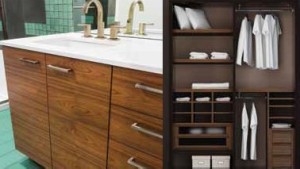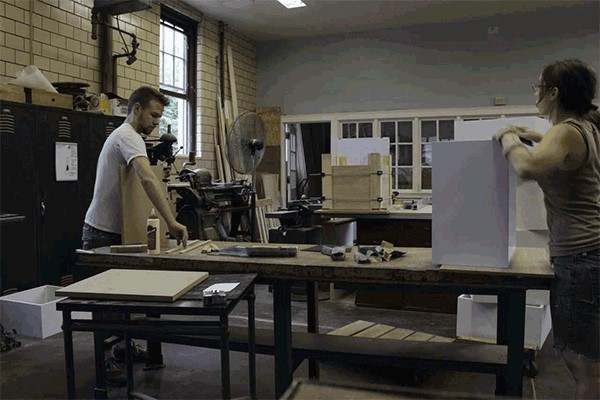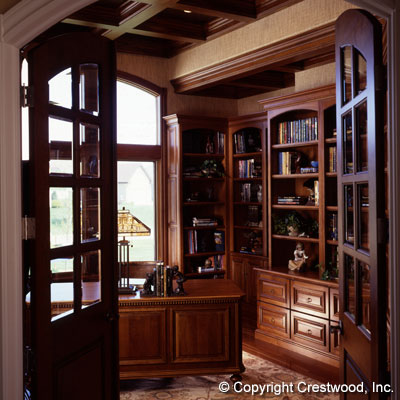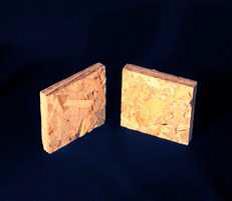NU Green Soya® Particleboard Scores Environmental Certifications
When it comes to building value into products, Uniboard believes green chemistry and soybeans are a winning combination. The company recently developed a particleboard made of soy-based adhesive and recycled wood that helps builders earn Leadership in Energy and Environmental Design (LEED) points, saves long-term building operating expenses, and helps save the environment.
Uniboard Nu Green Soya uses a patented water-based soy resin, formulated with soy flour and a proprietary cross-linking resin, to form a durable and water-resistant thermoset adhesive. Made from a renewable feedstock, the soy-based adhesive technology is cost-competitive against other adhesives.
The company says no formaldehyde is added to the soy resin. NU Green Soya is NAF/ULEF (Ultra Low Emission Formaldehyde) certified by the Composite Panel Association. This designation, determined by the California Air Resources Board (CARB), is intended only for products with formaldehyde emissions below 0.04 ppm. Uniboard says NU Green SOYA is consistently 0.00 ppm.
NU Green SOYA NAF/ULEF particleboard can help building contractors and owners achieve up to six LEED points, based on the U.S. Green Building Council (USGBC) NC-2009 standard. Certified by the Forest Stewardship Council, it contains 100 percent recycled and recovered wood fiber (pre-consumer) which saves trees.
The particleboard is available in a collection of colors, sizes and thicknesses through an extensive network of distributors. The panels can be used in a variety of applications, including cabinetry, furniture and closets.
To learn more about Uniboard NU Green SOYA technology and certifications, visit www.uniboard.com/nu-green-soya.




